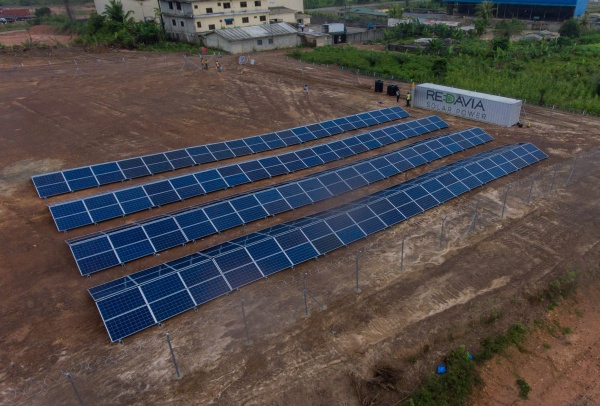The lockdowns being imposed across Africa in a bid to slow down the spread of Covid-19could fast-track the adoption of solar power rather than fossil fuels in the continent, with Nigeria already announcing plans to turn to solar to deal with energy crises ignited by the pandemic.
In a continent plagued by patchy electricity networks, the twin shocks of falling power demand due to coronavirus lockdowns and the recent oil price war between Russia and Saudi Arabia have posed an existential threat to oil and gas industries.
That partly explains why Nigeria’s Rural Electrification Agency (REA) recently unveiled solar-related pandemic response measures including the “emergency provision” of solar home systems and solar mini-grid solutions for health centers.
The REA said it is cooperating with the African Development Bank and the World Bank to expedite grants for solar home system providers and PV mini-grid developers under the Nigeria Electrification Project.
Pay-after-you-go
“[The] REA is mindful of the impact of reliable electricity access especially at this difficult time,” said the organization, adding it is also pushing the Central Bank of Nigeria to include off-grid power developers and energy access companies in the lender’s Covid-19 intervention scheme.
German pay-as-you-go solar distributor Redavia this week announced plans to provide its systems to companies in Ghana and Kenya free for six months before offering the option of signing a lease.
“Covid-19 has disrupted African businesses significantly,” said the Munich-based business, launching its Covid-19 Resilience Lease scheme. Redavia also operates in Tanzania.
Signed up
Mankoadze Fisheries Ltd, in Tema, Ghana, was among the first businesses to sign up for the scheme and the Royal Senchi Hotel and Resort in Akosombo, also in Ghana, came on board as well as, “big losses in revenue made lowering utility costs a top priority,” according to Redavia.
The solar moves came as Leoncio Amada Nze – newly-appointed executive president for the Economic Community of Central African States at business network the African Energy Chamber – spoke out about the effects of the oil price war on fossil fuel-dependent Equatorial Guinea.
“We are facing an unprecedented crisis with disastrous and unpredictable consequences to the oil industry, in combination with the historical fall in crude oil prices in the international markets to levels only seen during the Gulf War,” said Nze, noting the government of the central African nation is waiving fees to help oil and gas companies cope.






